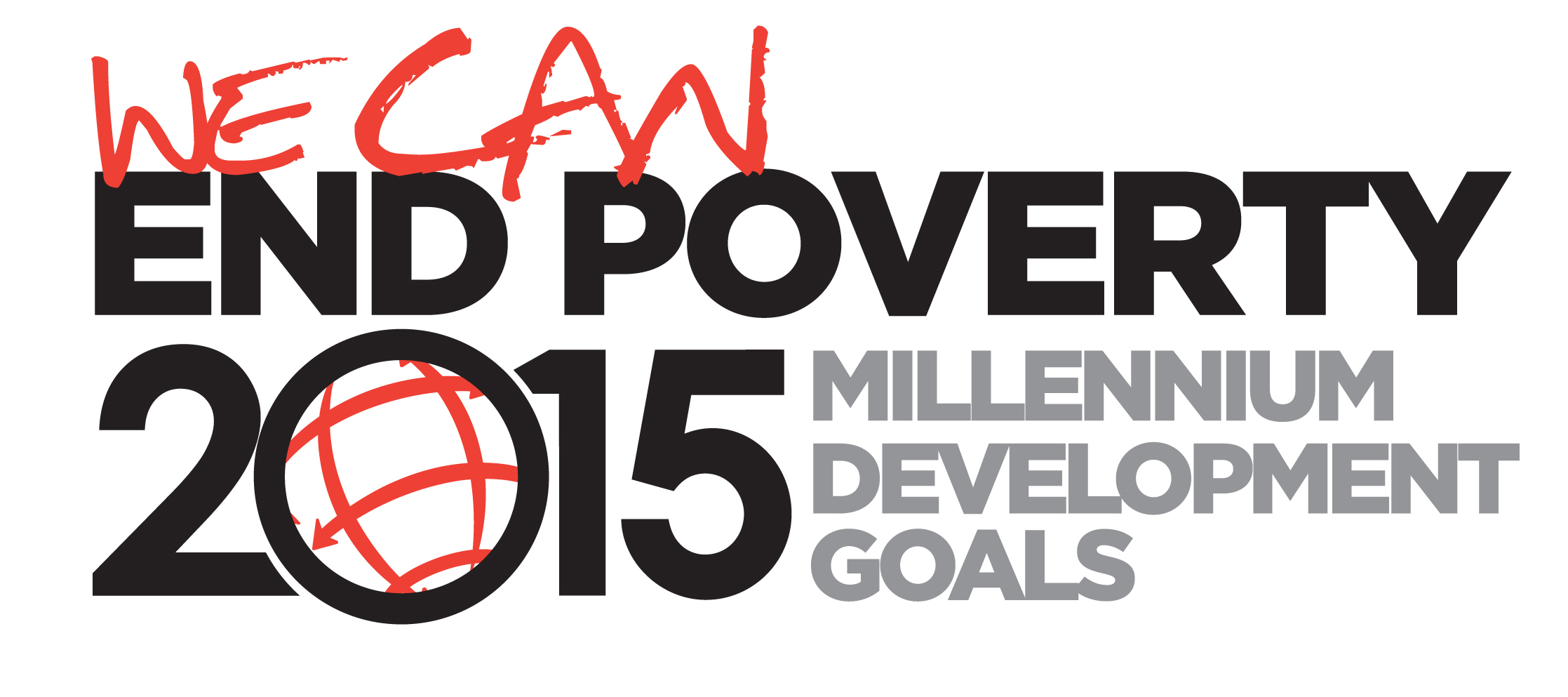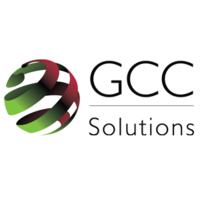GCC 2020 Chronic Poverty Vision
Implementation of
GCC 2020 Chronic Poverty Vision
With the believe that eliminating extreme poverty is possible, Royal Group Charity is proud to present the GCC 2020 Poverty Vision to implement our actions on this belief.
Ending extreme poverty is possible and therefore launch a global movement behind this effort.
Each year, the GCC Countries make a life saving difference for millions of men, women, and children around the world to equip and empower the most vulnerable people with tools they need to lift themselves out of poverty.
Extreme poverty and suffering persist in too many parts of the world. More than a billion people struggle to survive each day which is unacceptable to Royal Group Charity Foundation.
With highly skilled and committed professionals who share an exceptional depth of experience will focus on the most vulnerable communities and some of the hardest to reach. GCC 2020 Poverty Vision will be working in over 15 countries across Africa reaching millions of people to help access high quality primary education and supporting children well being which is a worldly recognized solution to the cycle of poverty.
GCC 2020 Poverty Vision is a global community of humanitarians, partners, community members, supporters, donors, and volunteers who share a common vision of a world where no one lives in poverty, oppression or fear. Providing everyone the opportunity to exercise their rights to a brighter future. To have access to the opportunities and choices essential to a healthy and creative life that can be treated with honor and respect.
We are convinced that changes can happen when people are equipped and empowered to improve the lives and futures of their families.
The change becomes stable when we share the vision and help partner organizations and governments reach people on a much larger scale.
We are accurate in going to some of the hardest places and staying until the work is complete to help make sure change is sustainable.
Since 2010, the GCC Countries have been significantly reducing the extreme poverty rate. With this progress maintained, the GCC 2020 Poverty Vision can eliminate at least the most extreme forms of absolute poverty in a much shorter timespan.
Following this road path of the GCC 2020 Poverty Vision, it could take another 40 years or more to lift one billion people out of poverty. Another positive path would be to incorporate the GCC 2020 Poverty Vision with the developing world in seeing one billion people out of extreme poverty by sometime around 2040.
What are the assurances that the second positive path can be followed? Among the list of threats one can identify to attaining that goal, inequality stands out as a major concern. Rising inequality can mean that growth largely by passes poor people. This has been happening in some countries. Experience among developing countries has been varied. Inequality falls about as often as it rises in growing developing countries, although absolute poverty measures tend to fall with growth. High inequality countries have a harder time reducing poverty in that they typically need higher growth rates than low inequality countries to attain the same pace of progress against poverty, and their high inequality often makes that growth even harder to attain.
In thinking about the implications for policy it is important to unpack inequality to identify the specific dimensions most relevant to progress against poverty. Inequalities in access to good quality schooling and health care stand out in many developing countries. In many rural economies, inequalities in access to land also remain an impediment to pro poor growth.
With the required political will, there is much that can be done to improve health and education services in poor places and in making legal systems more inclusive. These are high priorities for antipoverty policy by Improving tax systems in poor countries to expand the revenue for domestic anti poverty policies.
First there will be emergency aid short term assistance to deal with crises. Development assistance should help foster the conditions for sustainable poverty reduction in the longer term, including institutional development and building better public administrations.
It must be acknowledged, however, that the record of development aid has been uneven, and not always well considered in the light of what we have learned about the economics of poverty.
The sustainability of poverty reduction efforts poses a further set of challenges that assure that GCC 2020 Poverty Vision can be anticipated to ensure the sustainability of the reduction in poverty.
The GCC Countries continue to respond to both disaster and chronic extreme poverty.
Royal Group Charity recognizes that extreme poverty is a complex and multidimensional phenomenon which causes severe consequences. People living in extreme poverty also tend to be in poorer health and lack basic employable skills.










